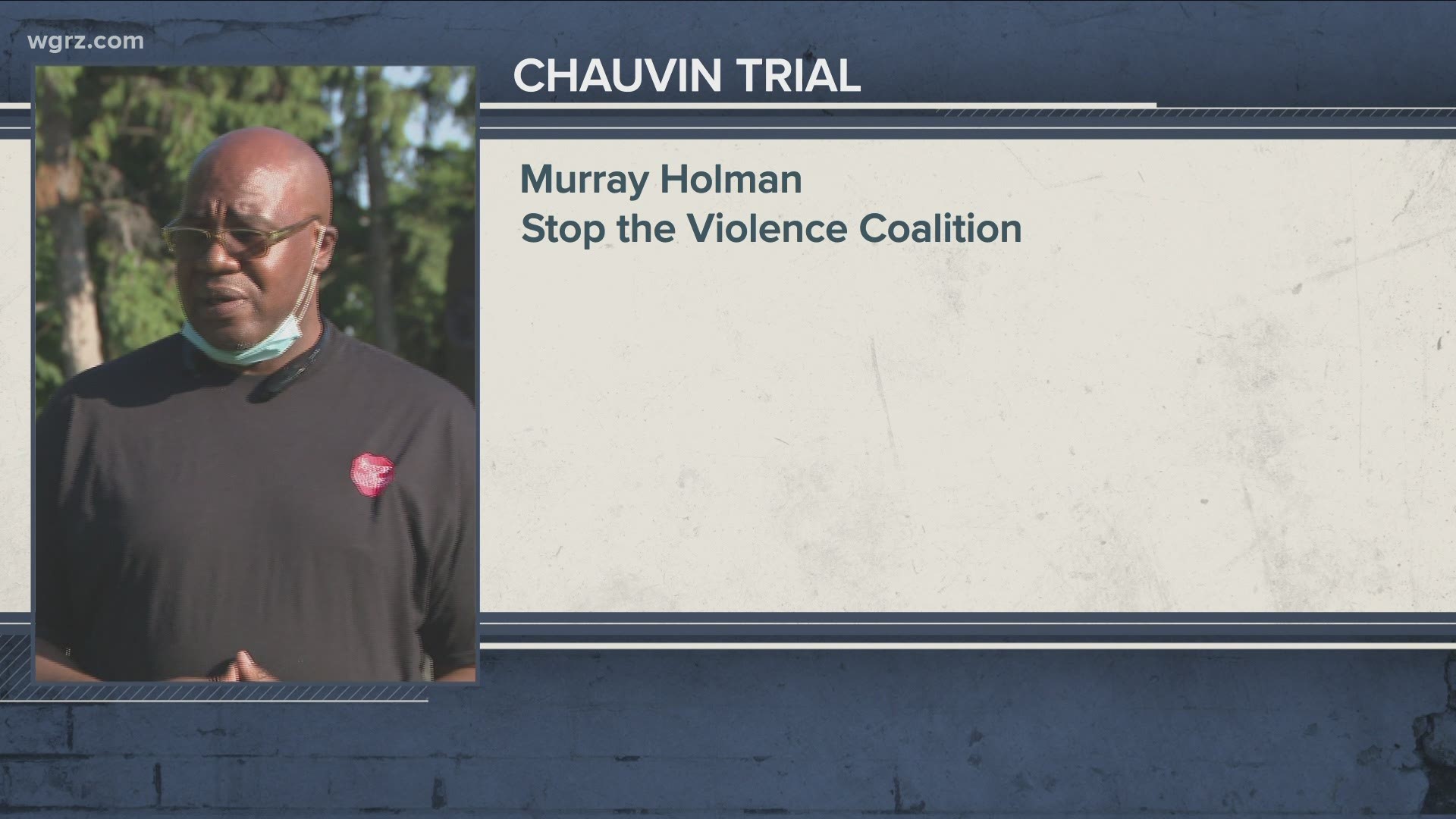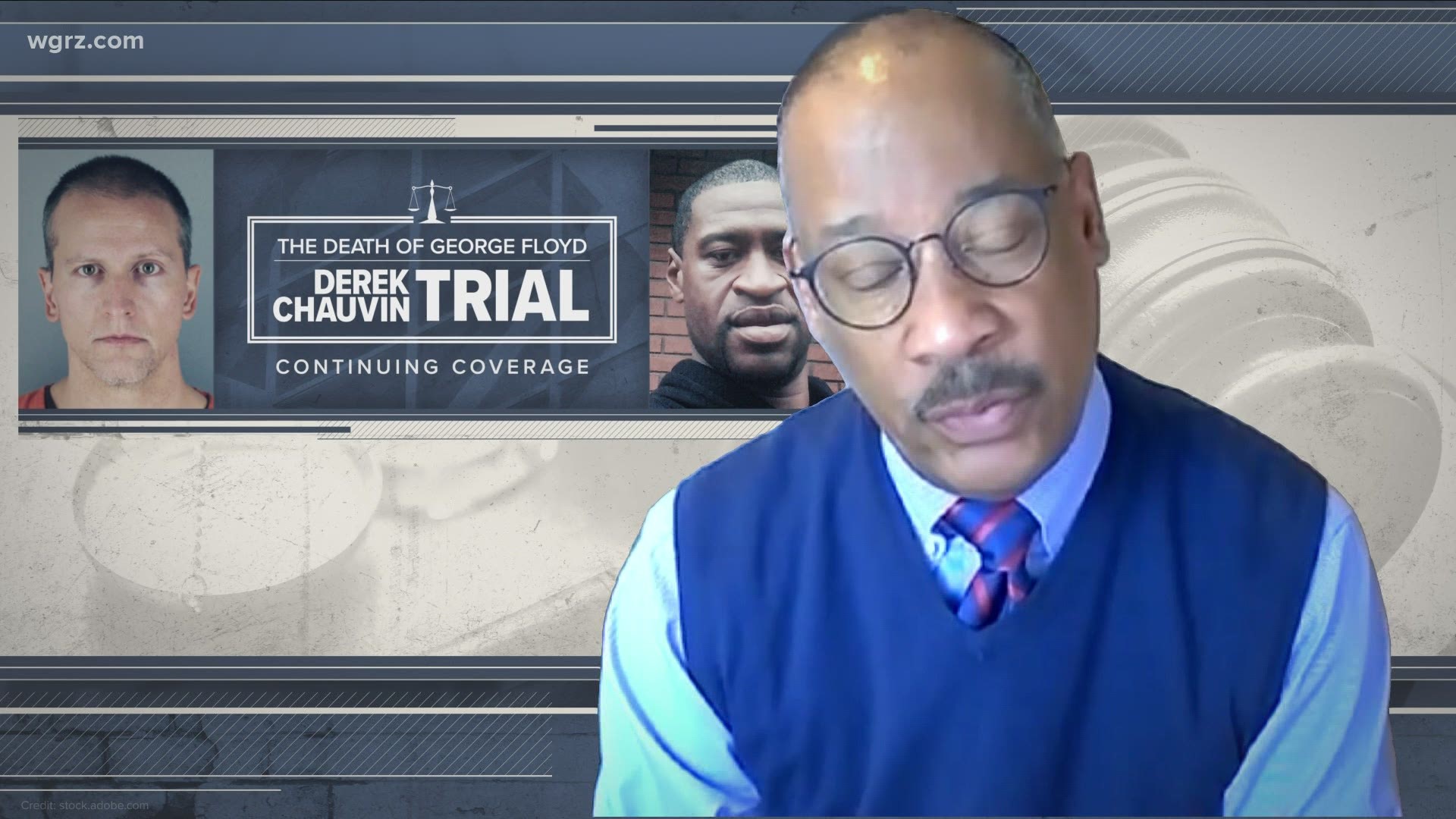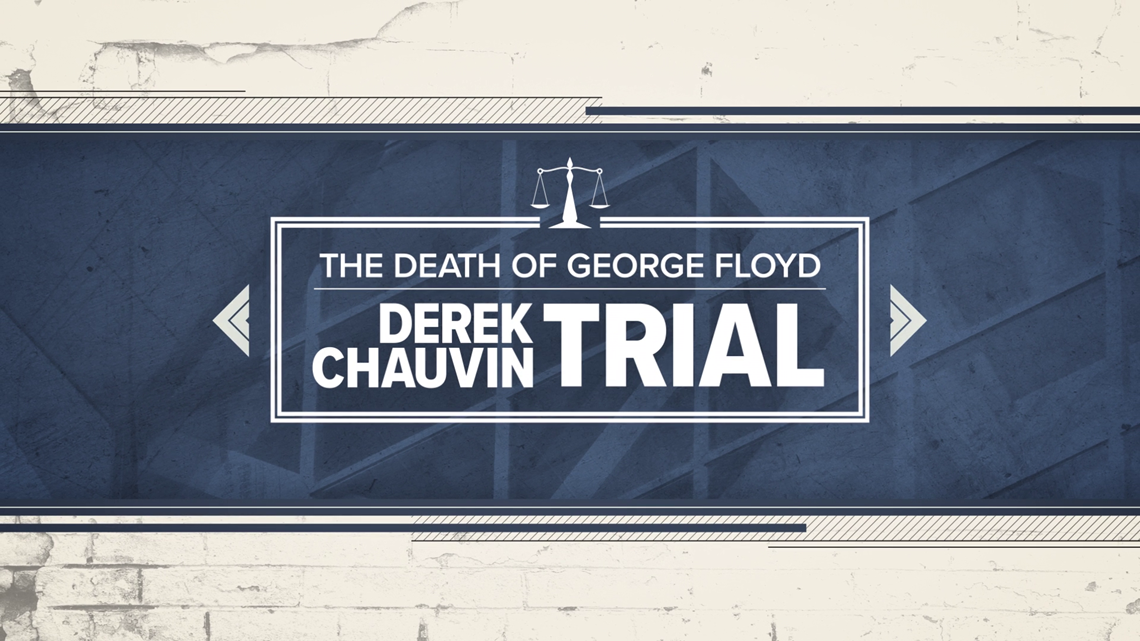BUFFALO, N.Y. — 2 On Your Side is getting some perspective on how the Derek Chauvin trial will shape and impact our local community.
Rene Petties-Jones is the new president of the National Federation for Just Communities of Western New York - the N.F.J.C. - and Monday she spoke with us about what this trial means for our community.
"The N.F.J.C. is a human relations organization. We've been around for over 70 years, and we deal with bridging divides. Bringing people together through difficult times," Petties-Jones said.
And Petties-Jones is all about having those tough conversations about what separates people.
"One of the things that I think is very difficult for us as a community is to have to relive the trauma of that incident," Petties-Jones said. "That was a pivotal moment in American history, and it started a movement. It started a conversation. It started the idea strongly that racism exists in all of its complexities. It brought out an awful lot of emotion from people. So having to relive that emotional moment now can be very difficult for people."
She says it is crucial for families to talk about the trial and what they are seeing on TV and social media.
"If we take the position that kids aren't aware of what's going on, then we're putting ourselves in a bubble," Petties-Jones said. "That's so not true. These kids are completely aware of what's happening. They're surrounding them. They're hearing them. They're often times seeing these very troubling images just like the adults are, and if we're having those same difficult reactions when we watch these long videos, kids don't know how to process it as simply as that. So talking as a family, talking as a unit, will be very helpful and critical for kids to be able to process."
The executive director of the Stop the Violence Coalition also spoke with 2 On Your Side about the trial on Monday.
"What's very important is that we tune in," said Murray Holman, executive director of the Stop the Violence Coalition. "We did it for the O.J. Simpson case, you know, that was like all over the news and right now you don't see people glued to the TVs, or to the radios, or just talking about it. It fades out too fast. We need to be accountable, and listen, and to hear the facts that might be in front of us, or some new evidence that might come into play, but it's very important so we just don't go out here and start rallying and tearing up our communities on a decision that might come out to be the wrong way or the right way.
"We have to learn from this stuff so my grandchildren can understand what happened, where were the faults, and how we can make it better. I'm looking at the future of my grandchildren, and see how they can be trained and brought up in this community, and to love America, and be grateful that we're here to be living through these types of situations."
And Petties-Jones also talked about how so much of what we're seeing and consuming is on social media and how to address that.
"People tend to seek the information that's online that aligns with their viewpoints," Petties-Jones said. "So hearing people that may have different viewpoints, or understanding or journeys, as we call them, can be very difficult and provoking. And again, all of the same principles that we teach our kids about not bullying or not hiding behind a computer screen, the same for adults."
"A lot of people have chosen, which is a good decision for some, to not follow social media. To not be engaged in that way, because, again, it kind of sucks you into that vortex of having these negative stereotypes and conversations reinforced. And what we are asking is that we listen to one another, we understand one another. Of course, we can't do it face to face because of the pandemic, but the only way that we're going to learn from each other is to hear each other."



